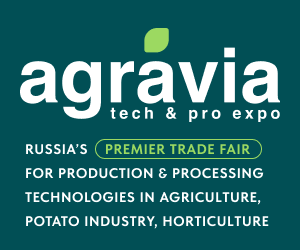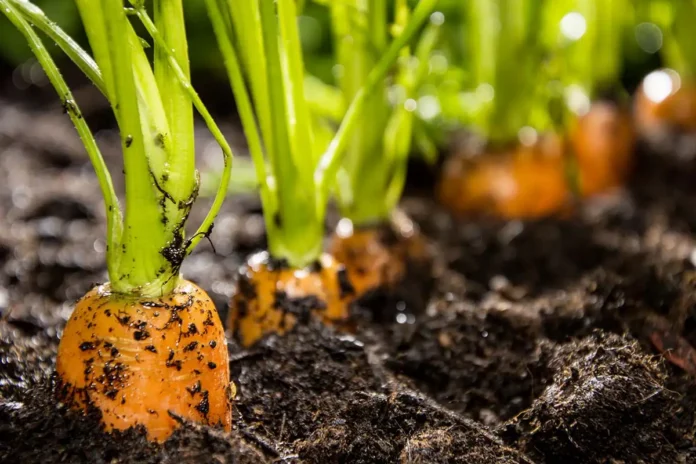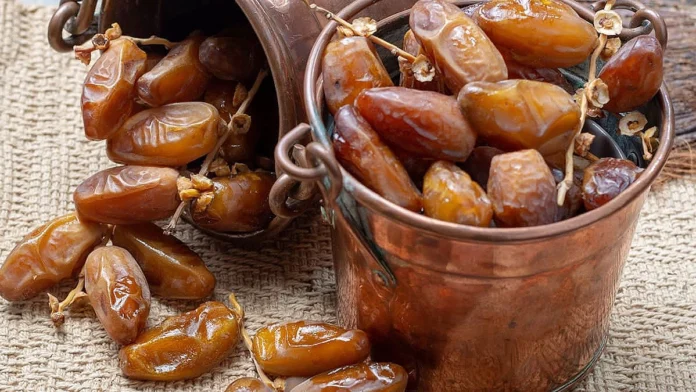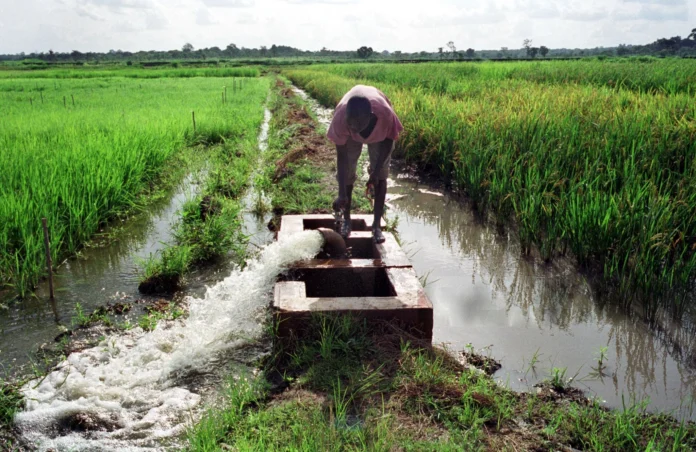Arabfields, Fayçal Taleb, Toronto, Canada — GoodLeaf Farms, Canada’s largest vertical farming operator, has raised C$52 million in new equity financing, marking a significant step forward for the country’s controlled-environment agriculture sector. The investment will allow the company to double its production capacity by 2026 and establish a new Agricultural Centre of Excellence in Ontario, strengthening Canada’s food security ambitions.
At a time when domestic food production is under greater scrutiny, GoodLeaf’s expansion reinforces the company’s role in supplying fresh, locally grown greens throughout the year, even during Canada’s harshest winter months.
GoodLeaf specializes in soil-less indoor farming using LED lighting, producing baby greens, microgreens and ready-to-eat blends. Free of pesticides and packed directly at the farm, the company’s products are now available in major national grocery chains including Loblaws, Sobeys, Metro, Walmart, Whole Foods and Costco.
Demand for GoodLeaf products has nearly doubled between the company’s national rollout and April 2025, reflecting a shift in consumer expectations toward local, traceable and consistently available produce. According to GoodLeaf, Canadians increasingly prioritize freshness and reliability over imports that remain vulnerable to climate or supply chain disruptions.
The C$52 million funding round brings together three major players, each contributing to the expansion of controlled-environment agriculture in Canada:
- Farm Credit Canada, the federal agricultural lender
- Power Sustainable Lios, focused on sustainable infrastructure and agri-food
- McCain Foods, the global leader in potato processing and agricultural supply chains
Their combined participation highlights growing confidence in vertical farming as a stable, scalable addition to Canada’s food system. GoodLeaf will deploy the new capital across three major priorities;
Doubling output in Calgary and Montréal-Est .. the company’s two largest farms, already among the biggest in North America, will double their production capacity starting in 2026. These facilities operate in fully controlled environments where temperature, lighting, humidity and nutrients are precisely managed.
Launching a new Agricultural Centre of Excellence in Ontario .. expected to be located in southern Ontario, this new R&D hub will focus on improving yields, reducing energy consumption and maximizing resource efficiency. It will support innovation across GoodLeaf’s entire network of commercial farms.
Increasing Canada’s food resilience .. by producing leafy greens domestically throughout the year, GoodLeaf aims to reduce the country’s dependence on winter imports from the southwestern United States, which still supply more than 80 percent of Canada’s cold-season leafy greens. Shorter transportation routes are also expected to reduce emissions and post-harvest waste.
Vertical farming is emerging as a serious response to climate variability and supply-chain instability. With its climate challenges and vast geography, Canada stands to benefit from controlled-environment agriculture more than most countries. GoodLeaf, which already employs several hundred workers, demonstrates that agricultural innovation can support new jobs while strengthening domestic production.
The latest investment suggests that vertical farming is rapidly moving from niche concept to core component of Canada’s future food strategy. McCain Foods’ involvement, in particular, signals growing recognition among established agri-food leaders that indoor farming can complement traditional open-field production.
With fresh financing, GoodLeaf is positioned to expand from national leader to major force capable of supplying a significant share of Canada’s leafy greens market. If demand continues to rise, the company may explore new locations in the Prairies or the Maritimes to expand its national coverage.
For consumers, the most visible result will be more locally grown produce on store shelves, cultivated within a short distance of where it is purchased. For Canada, the implications reach further, pointing toward greater food independence and a modernized agricultural sector.
GoodLeaf Farms is not only scaling its operations, it is helping shape the future of Canadian food. With C$52 million secured, that future appears increasingly stable and increasingly green.












